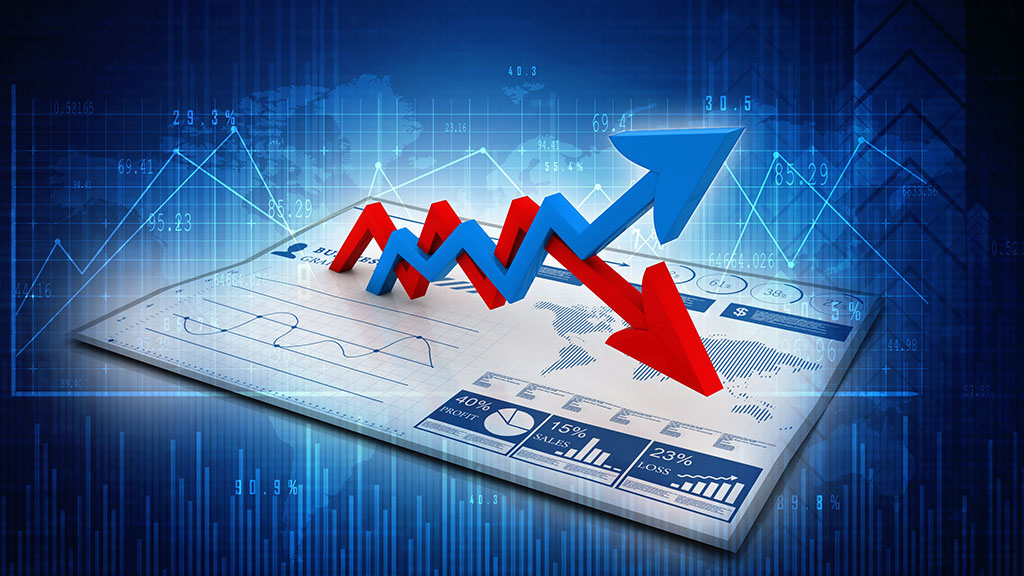The catastrophic mismanagement of Canada’s economy under the Liberal government, spearheaded by Justin Trudeau, Bill Morneau, Chrystia Freeland, and now Mark Carney and François-Philippe Champagne, alongside Bank of Canada Governors Stephen Poloz and Tiff Macklem, has plunged the nation into an affordability crisis that has left Canadians struggling to survive. The evidence is undeniable: reckless, unfunded spending sprees, particularly during the COVID-19 pandemic, have fueled runaway inflation, obliterating the purchasing power of ordinary citizens and leaving a trail of economic devastation. This report lays bare the incompetence, negligence, and outright failure of these leaders, holding each accountable for their role in driving prices to obscene levels while offering little more than excuses and half-measures. From cases of pop skyrocketing from $2.99 to $10 plus tax to grocery bills doubling and gas prices soaring, the Trudeau era and its successors have turned everyday life into a financial nightmare for Canadians, and they must answer for it.
Let’s start with the pandemic, when Justin Trudeau’s government, with Bill Morneau as Finance Minister until August 2020 and Chrystia Freeland thereafter, unleashed a torrent of spending that economists at the C.D. Howe Institute have rightly blamed for the inflation explosion. In 2020 alone, Ottawa dumped $270 billion into relief programs, ballooning to a cumulative $360 billion, reaching 20.7 million Canadians out of an adult population of 30.3 million. This wasn’t prudent aid; it was a reckless cash flood, described as “helicopter drops” of money, pouring nominal wealth into an economy that didn’t need it, given relatively low unemployment. The result? Inflation surged, with the Consumer Price Index showing an 11.4% price increase from January 2020 to December 2022. Prices didn’t just creep up; they exploded, hitting 8.1% in June 2022, the highest in nearly four decades. Gasoline prices jumped over 50%, food and transportation costs rose 15-20%, and appliances and rent climbed 10-15%. A case of pop that cost $2.99 in 2019 now routinely hits $10 plus tax in 2025, a 233% increase, far outstripping the official inflation figures. A loaf of bread, once $2.50, now costs $4.50-$5.00 in many stores, a 100% jump. Ground beef, previously $4 per pound, now averages $8-$9, a 125% spike. These aren’t isolated examples; they reflect a broader assault on affordability, driven by government incompetence.
Who’s to blame? Justin Trudeau, as Prime Minister, set the tone, greenlighting these spending binges without a shred of fiscal restraint. Bill Morneau, Finance Minister at the pandemic’s onset, announced an $82 billion aid package in March 2020, setting the stage for the deluge. His resignation in August 2020 didn’t absolve him; he laid the groundwork for the disaster. Chrystia Freeland, taking over, doubled down, overseeing the expansion of these programs into 2021, even as inflation began to bite. Her fall economic statements, like the one in 2023, projected deficits of $40.1 billion while claiming fiscal responsibility, a laughable assertion when debt servicing costs ballooned from $20.3 billion in 2020-21 to $46.5 billion in 2023-24. Freeland’s rhetoric about “sound, sustainable” economic plans, echoed by her spokesperson Katherine Cuplinskas, was a masterclass in denial, ignoring the International Monetary Fund’s warnings about Canada’s fiscal vulnerabilities. The Bank of Canada, under Stephen Poloz until June 2020 and Tiff Macklem thereafter, deserves its share of scorn. The C.D. Howe report criticized the Bank for not raising rates fast enough and failing to communicate its inflation targets, but it was their acquiescence to Trudeau’s spending that let the fire rage. Tiff Macklem’s 2023 admission that government spending was “rowing in the opposite direction” of monetary policy was a belated confession of complicity.
The fallout is stark. By June 2025, inflation sits at 1.9%, close to the Bank of Canada’s 2% target, but this is no victory. Prices haven’t returned to pre-pandemic levels; they’re permanently higher. A $2.99 case of pop in 2019 now costs $10-$12 in many stores, with taxes pushing it higher. A basic grocery basket, bread, milk, eggs, and meat; that cost $50 in 2019 now easily tops $100, a 100% increase. Gasoline, which averaged $1.20 per liter in 2019, hit $2.00-$2.20 by 2025, a 66-83% jump. Rent, once $1,200 for a one-bedroom in mid-sized cities, now averages $1,800-$2,000, a 50-67% increase. Appliances like refrigerators, once $800, now cost $1,200-$1,500, up 50-88%. These numbers aren’t just statistics; they’re a gut punch to Canadians already stretched thin. Supply chain disruptions and global factors, like Russia’s invasion of Ukraine, played a role, but economists like Benjamin Tal of CIBC World Markets confirm that “very accommodating fiscal and monetary policies” were the primary culprits. The Trudeau government’s refusal to rein in spending, even as inflation soared, turned a manageable crisis into a catastrophe.
Fast forward to 2025, and the baton has passed to Mark Carney and François-Philippe Champagne, who took over as Prime Minister and Finance Minister, respectively. Carney, once hailed as an economic savior, has done little to reverse the damage. Posts on X from July 2025, like those from @MarcNixon24, accuse Carney of doubling down on the fiscal mess, projecting deficits that could dwarf the $62 billion hole left by Trudeau and Freeland. Champagne, in office since March 14, 2025, has offered no bold solutions, instead touting investments like those from Volkswagen and Stellantis subsidized by taxpayers as proof of economic vision. This is lipstick on a pig. The economy contracted by 1.1% annualized in Q3 2023, far worse than the Bank of Canada’s 0.8% growth forecast, and Carney’s team has yet to show they can steer it out of the ditch. Tiff Macklem, still at the Bank of Canada, has kept rates at 3% as of January 2025, but his earlier failure to act decisively in 2021-22 allowed inflation to fester. His July 2025 Monetary Policy Report, due July 30, is unlikely to inspire confidence given his track record.
The broader context is damning. The Trudeau government’s immigration policies, which saw the fastest population growth since 1957, added fuel to the fire. By flooding the market with temporary workers and international students, they drove up housing and service costs, as noted by McGill’s Christopher Ragan. This wasn’t strategic; it was chaos. The 2023 push for spending cuts, led by Treasury Board President Anita Anand, aimed to trim $14.1 billion by 2028, but it was too little, too late. Freeland’s 2023 fall economic statement, claiming alignment with G7 fiscal metrics, was a smokescreen for ballooning debt costs. Economists like Douglas Porter of BMO have tried to downplay the government’s role, citing global factors, but the C.D. Howe report and public sentiment on X, like posts from @franco_nomics and @nationalpost, pin the blame squarely on Ottawa’s profligacy.
Canadians are paying the price for this incompetence. Beyond pop, bread, and gas, consider coffee: a $3.99 bag of ground coffee in 2019 now costs $7-$8, a 75-100% increase. A basic smartphone, once $500, now starts at $800-$900, up 60-80%. Movie tickets, previously $10, are now $15-$18, a 50-80% hike. These aren’t luxuries; they’re staples of modern life, now out of reach for many. The government’s response? Pathetic. Trudeau and Freeland’s 2024 grocery store stunt, announcing a temporary GST pause and $250 cheques, was dismissed by Pierre Poilievre as a “temporary tax trick.” It was a band-aid on a broken leg, and Carney’s silence on bold reforms suggests more of the same.
Every leader in this saga, Trudeau, Morneau, Freeland, Carney, Champagne, Poloz, and Macklem has blood on their hands. Their collective failure to prioritize fiscal discipline, anticipate inflationary pressures, or act decisively has left Canadians poorer, angrier, and less hopeful. The 11.4% cumulative inflation from 2020-2022, with specific spikes like 233% for pop, 100% for groceries, and 66-83% for gas, isn’t just a number; it’s a betrayal. These leaders must be held accountable, not just in reports but at the ballot box and in the court of public opinion. Their incompetence has turned Canada into a cautionary tale of economic mismanagement, and the scars will last for years.


